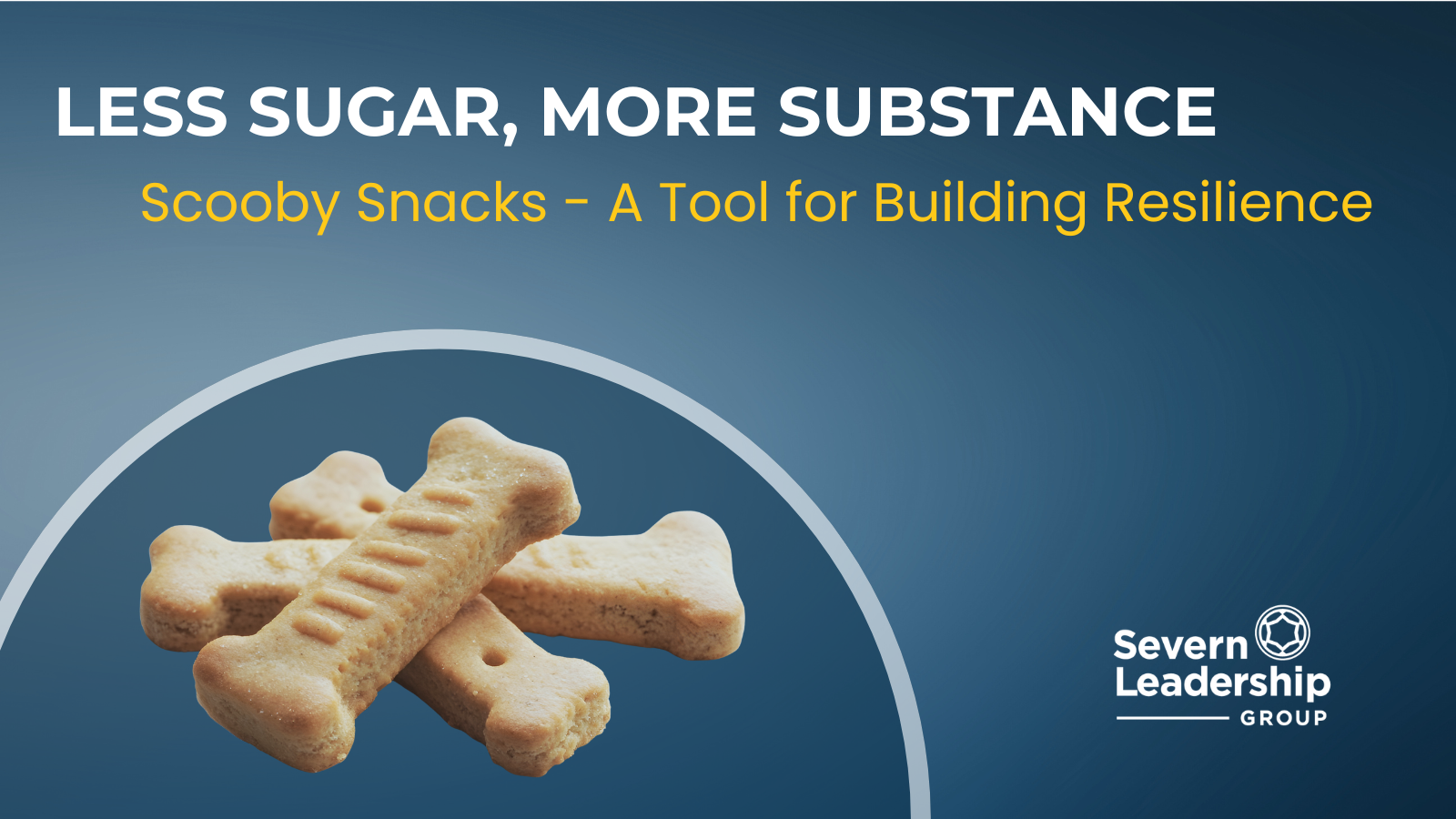Leading in a Time of "Quiet Quitting"
And as a leader, you may be tempted to look at your employees and wonder why they’re unwilling to do more...

-2.png)
Over the last few months, you’ve most likely seen articles discussing the latest trend: quiet quitting. Some think it’s a result of younger generations in the workforce not wanting to work as hard and thinking that workers these days are lazy. But when you go a bit deeper, you see that quiet quitting is another way of saying people are showing up and doing their jobs but not “going above and beyond.” And really, this isn’t anything new.
While the catchy name may be new, the concept of keeping employees engaged and interested has always been a challenge. According to Gallup, 50% of the U.S. workforce are “quiet quitters,” and there are probably more. And as a leader, you may be tempted to look at your employees and wonder why they’re unwilling to do more or stretch further. Instead, reflect on what you’re bringing to the table and how — with some courage and effort — everyone on your team can get what they’re hoping for. In this article, we’ll explore why the LITER model (as taught in the Severn Leadership Group Fellows Program) is more important now than ever.
What is LITER?
LITER stands for Love, Integrity, Truth, Excellence, and Relationships. These five virtues make up your core (also known as your character) and are ultimately what you bring to the table as a leader. On a good day, you’re probably able to flex these five virtues fully and feel really good about the connections and impact you’ve made on your team. However, the true test lies in how you exhibit these virtues during challenges and even the mundane day-to-day life.

Why LITER Matters
Which brings us to quiet quitting. As a leader, it can be frustrating to see employees not going above and beyond in their roles or doing a little extra to improve a project. But are you exhibiting the five virtues of LITER? Have you taken the time to connect with and encourage each team member? Do they have a clear understanding of their roles and the projects you’re working on?
Having clear communication, providing feedback, and showing support for your team may all feel like things you’re doing, but these are all two-way streets. You should also be listening to your team, creating opportunities for everyone to share feedback, and ensuring that individuals are clear on what their part is in the bigger project. Take a moment, be honest with yourself (this is where the aforementioned courage comes in), and evaluate whether you’ve been true to your core and how you embody the LITER values.

Priorities Have Changed
When I first saw the headlines about quiet quitting it made me take a second and evaluate how I choose to show up at work. For many individuals, the last few years have caused a huge reckoning and shift in how we view and physically show up to work every day. Personally, I realized that while I take pride in my work, I enjoy a lot of other things outside of work that contribute to my worth and what I bring to the table. Recognizing that individuals are whole beings with personal lives and interests outside of work is a necessary part of being a leader.
Early in the SLG Fellows Program, I read an article from Clayton M. Christensen called, How Will You Measure Your Life? (which he then turned into a book by the same name). Without giving too much away, Christensen reflects back on finding his purpose and the experiences along the way that helped him find it. And that’s super relatable. Aren’t we all trying to navigate and figure out what we want for ourselves and our loved ones?
So, while you may feel like you’ve exhausted all possible ways of generating engagement on your team, take a moment to understand your employee’s priorities and what they’re focused on at the moment. This understanding can help you uncover whether an employee is preoccupied with something outside of work, whether they’re in need of something but don’t know how to voice it, or if they’re trying to take on too many things and are feeling burnt out. If you have incorporated the LITER virtues into your leadership and developed a level of trust with your employees, you’re on the right path.
If, however, you think there is room for you to grow (don’t we all?), head over to the SLG events page to register for one of their upcoming virtual Discover SLG information sessions to learn more about how to get involved. Join this network of leaders supporting and growing alongside one another to shape a better future for our world!

Jess Hesselgrave is an SLG fellow from the 2022 Virtual Cohort program. She currently works for a Chicago-based software company, Jellyvision, as their Senior Content Marketing Manager and has been in marketing roles for over 6 years. Through a mixture of peer and direct leadership, Jess has always identified as a leader and continues to grow and strengthen her understanding of how to be a supportive leader and follower.




